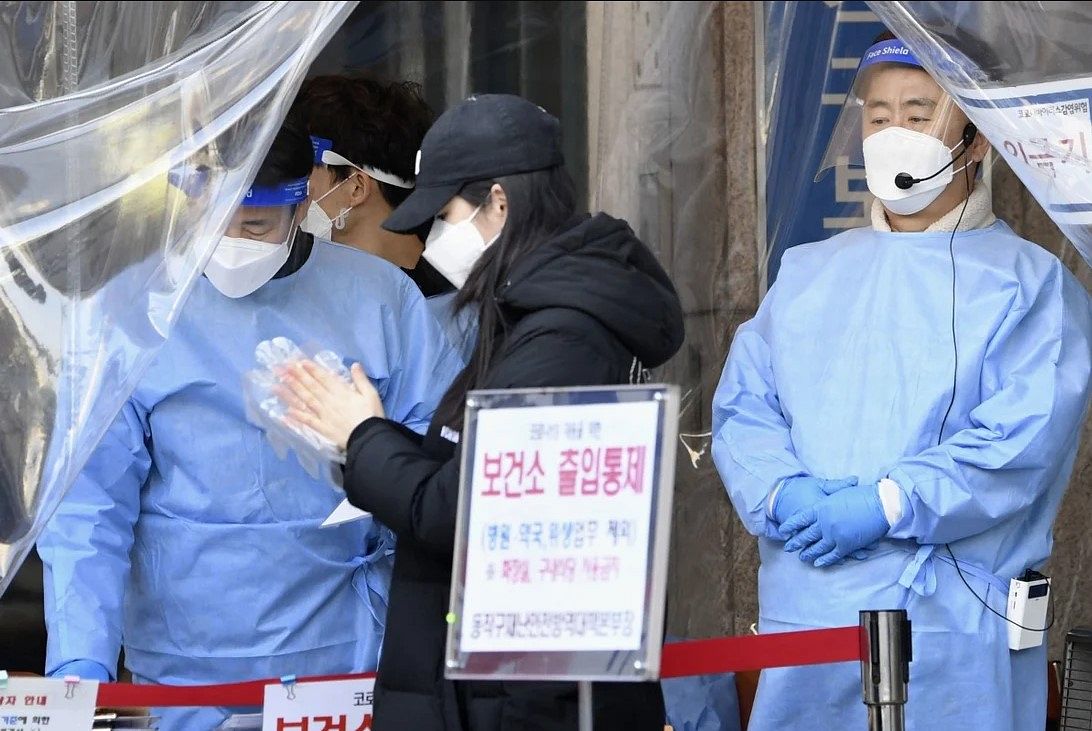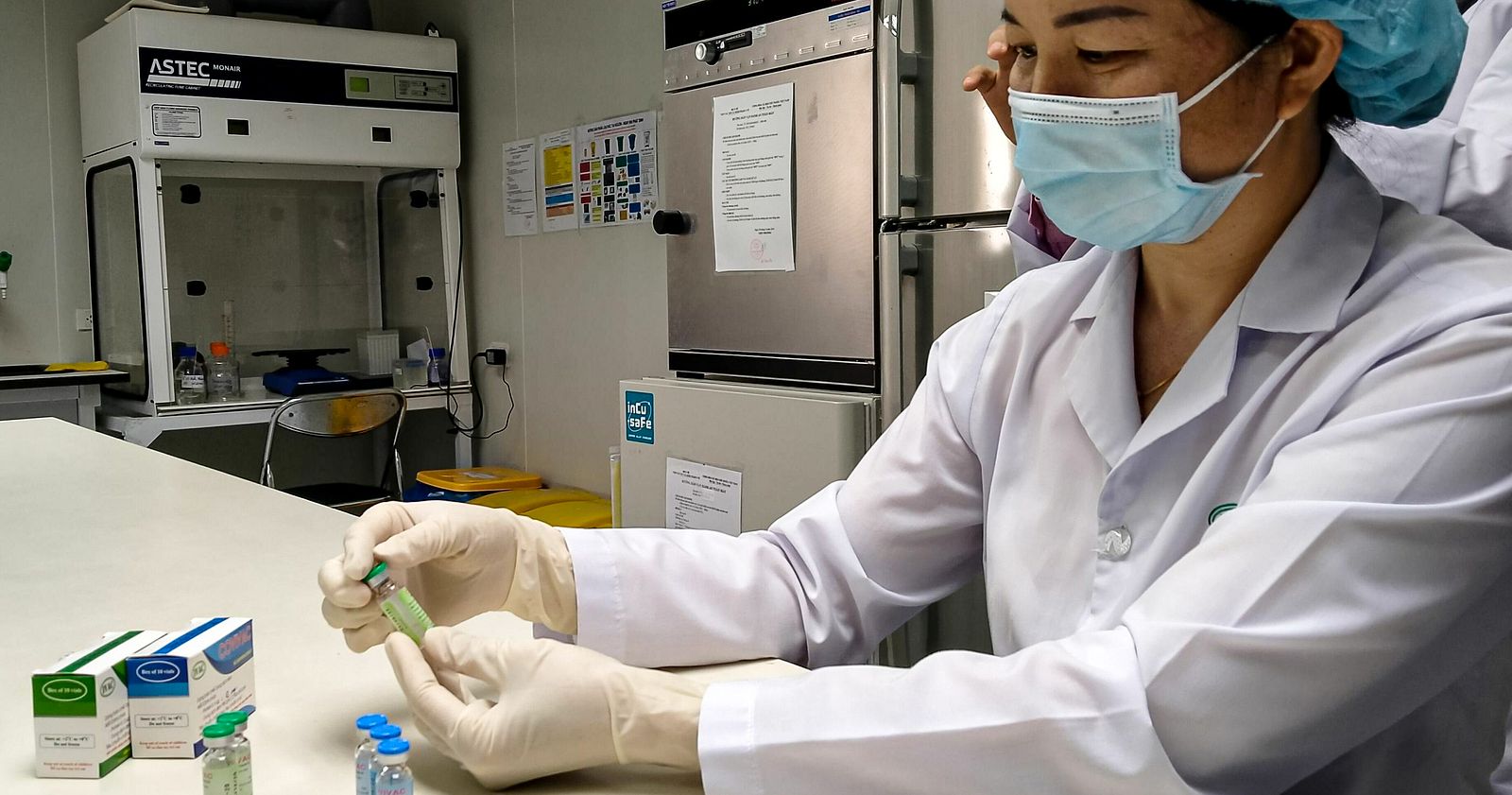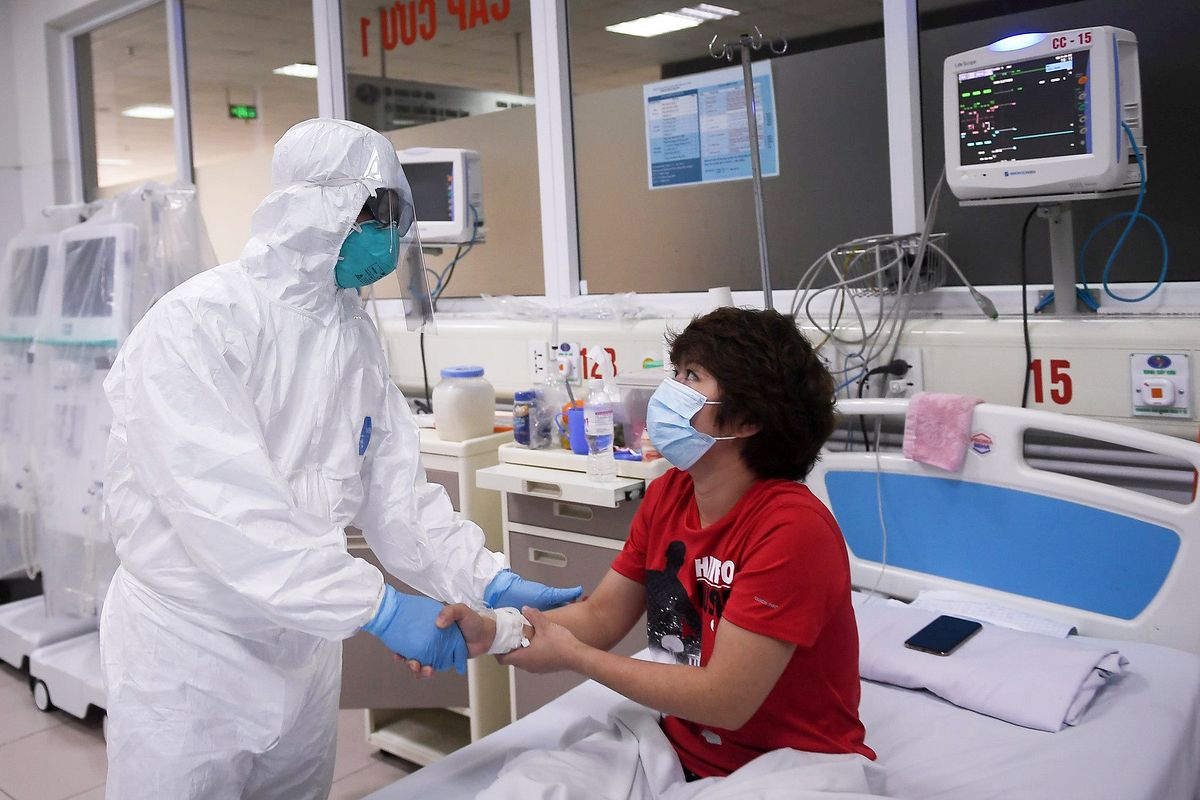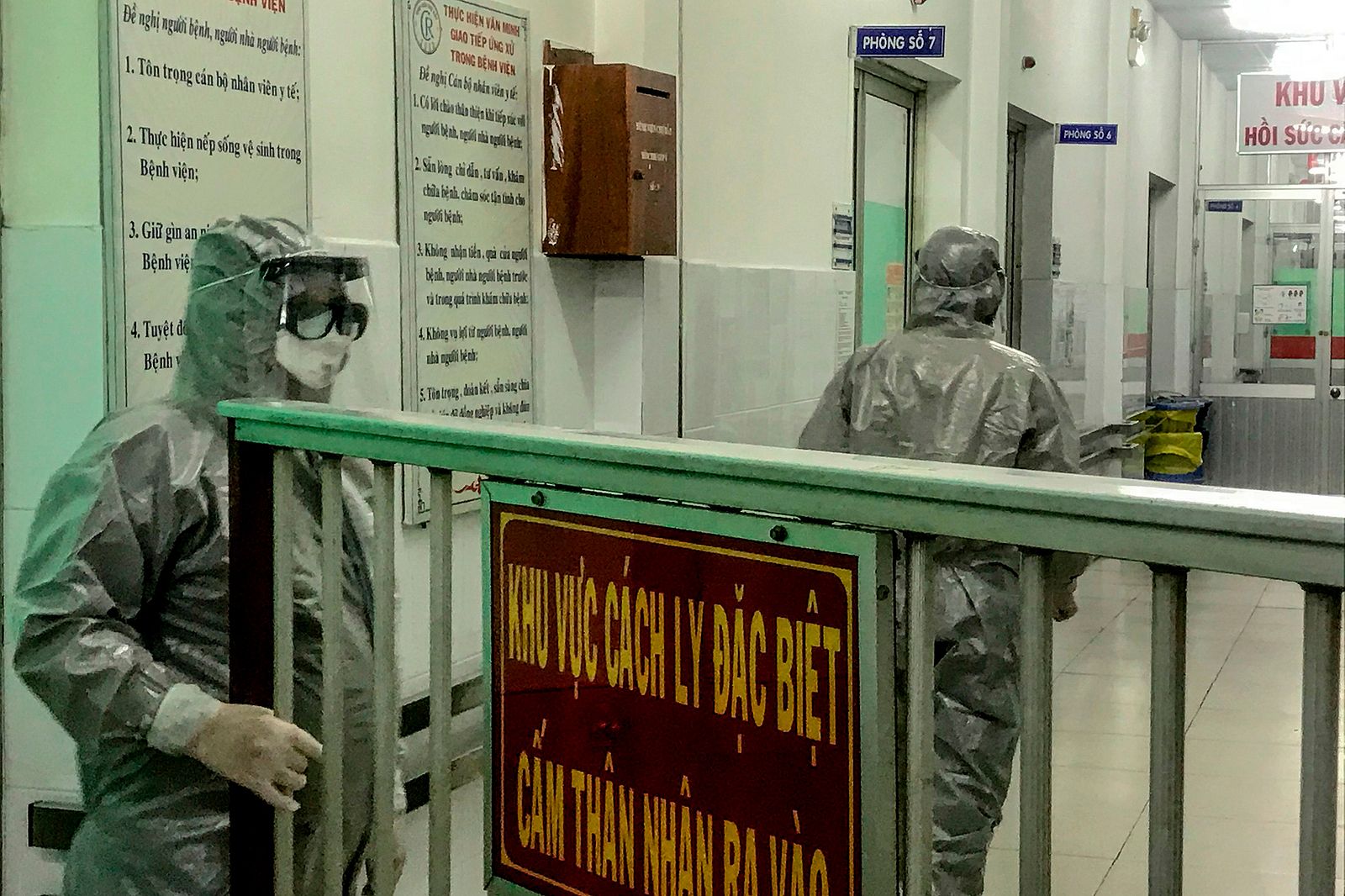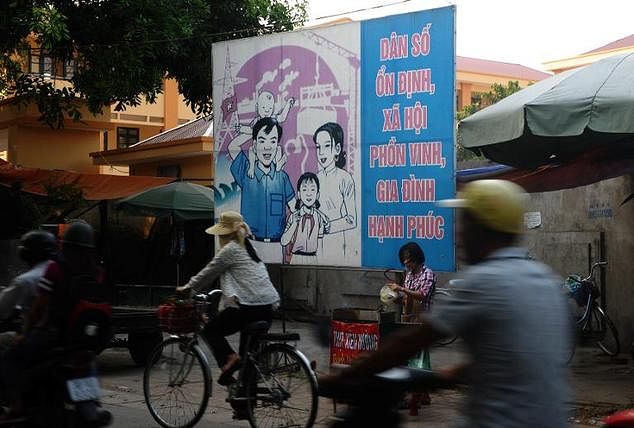Around 16% of Saigon citizens reported having some mental health issues, but the city lacks the physical facilities or health professionals to adequately treat them.
On April 10 at a working session for the Committee for Cultural and Social Affairs, Trinh Tat Thang, director of the Ho Chi Minh City Mental Health Hospital, called for improvements for patient resources and support for medical workers. The hospital currently provides treatment and checkups for 6,800 patients each year despite having only 500 beds and 61 doctors. Making matters worse, the amount of patients seeking treatment is increasing by 10-15% annually.
At the main hospital, the ratio of patients being served with mental health issues to beds is 0.07 per 1,000 people, which is well below the national average of 0.2 per 1,000 and the global average of 0.5-1.5. The city needs 1,500 more beds to meet the demands. "The center in District 5, where most patients visit, is often cramped. As a result, the patients don't want to go for check-ups or be admitted to the hospital," Thang said.
The situation is unlikely to improve anytime soon. Thang said that “No one wants to go to work at the mental hospital because of low wages and poor infrastructure.” Indeed, it is estimated that between now and 2020, 13 doctors will retire and the hospital will struggle to find replacements. Young doctors only earn VND5 million (US$220) a month while those with 20 years of experience only receive VND12 million (US$525).
Depression, anxiety and schizophrenia are among the most common issues patients come in for treatment. Experts claim the increase in patients can be partially attributed to the city’s fast-paced life, economic pressures and environmental and climatic conditions. Early diagnosis, thanks to improved education, is also contributing to demand.
An extensive 2010 study surveyed Vietnam's approach to treating mental illness and made several suggestions for improvement. The advice included expanding non-pharmaceutical treatments, increased health insurance coverage for procedures, medicines and services, transitioning care from large hospitals to "less stigmatizing" locations and devoting more attention to preventative measures such as information and education.
[Photo via Flickr user The People Speak!]


